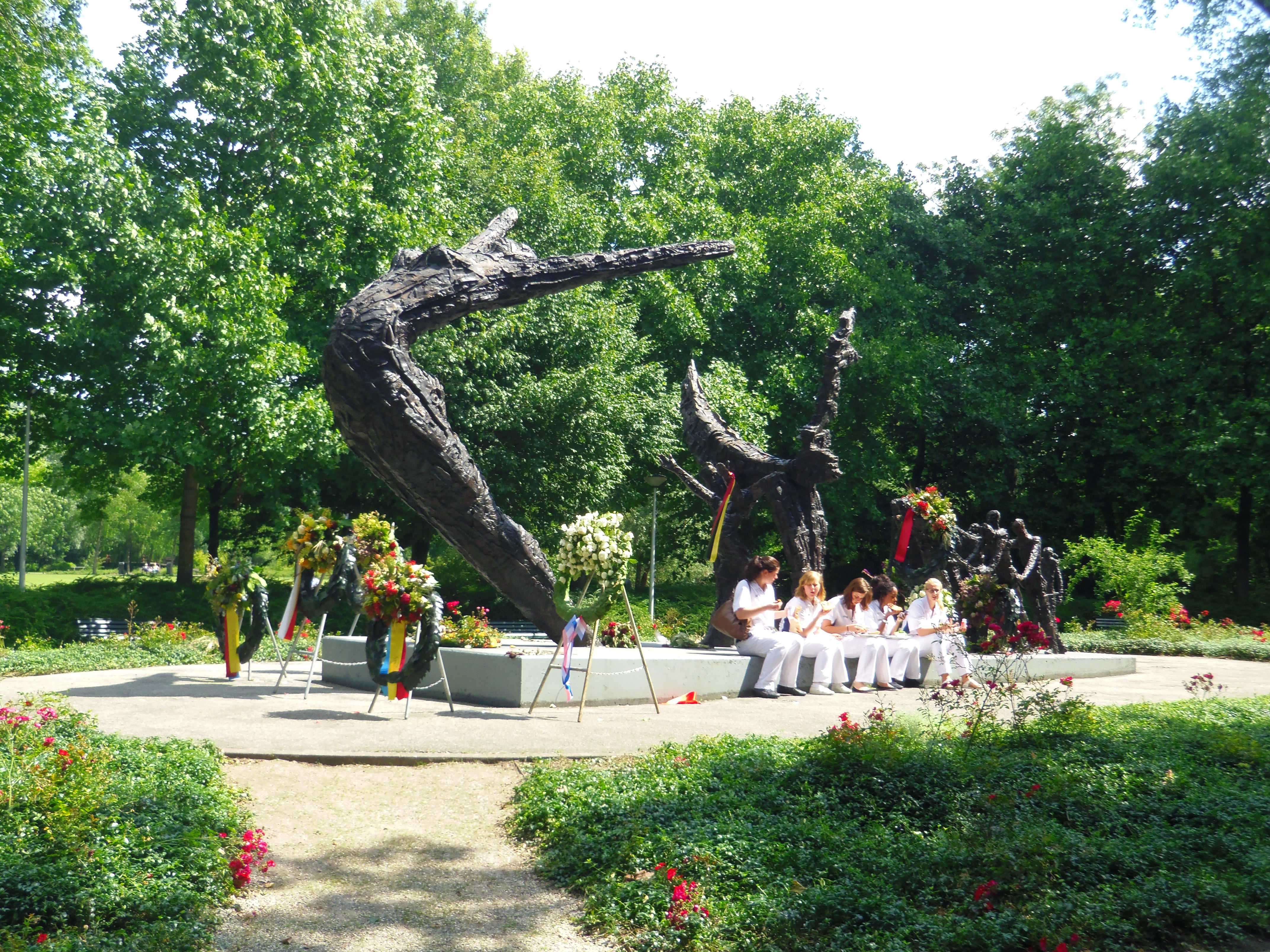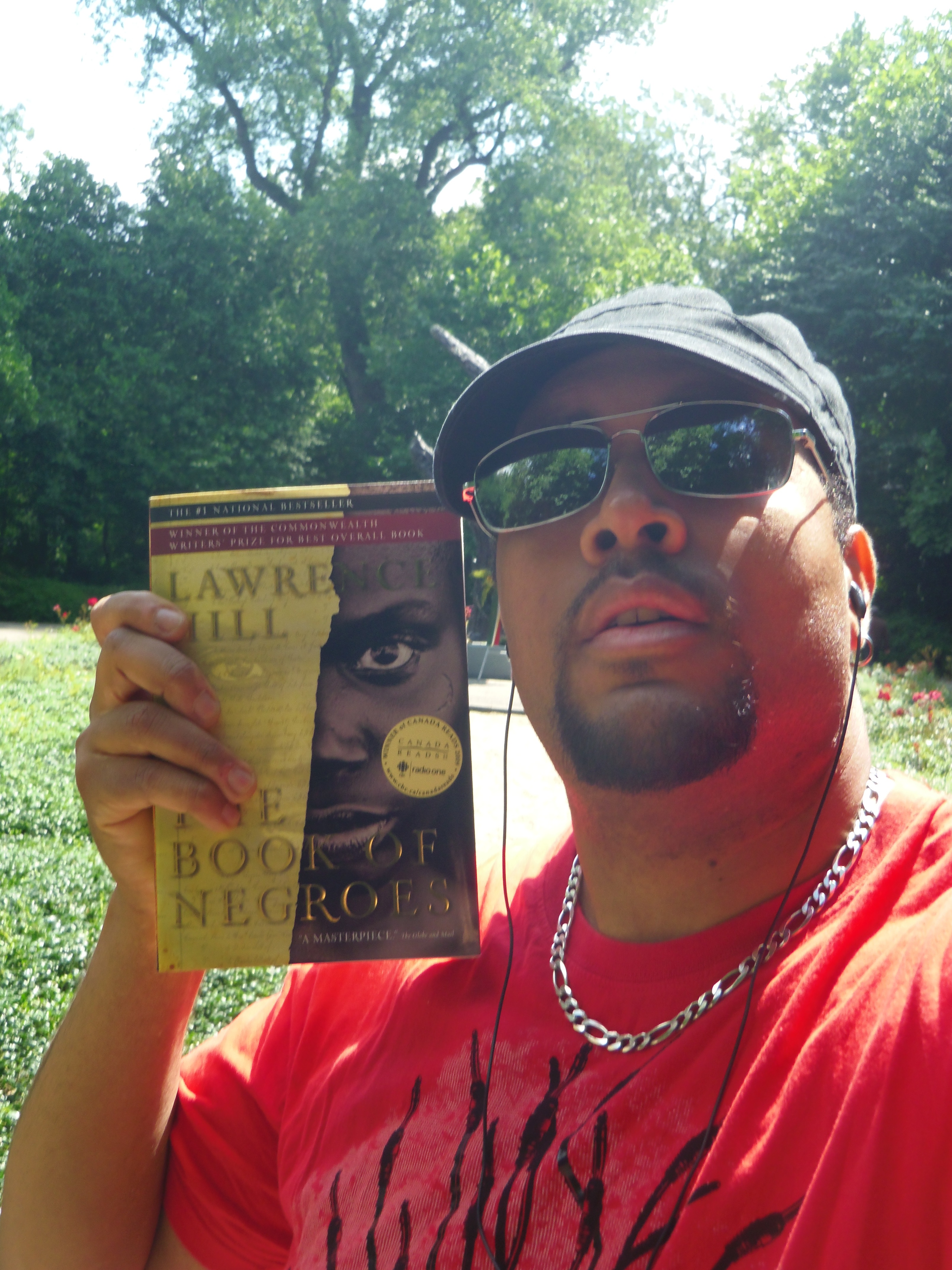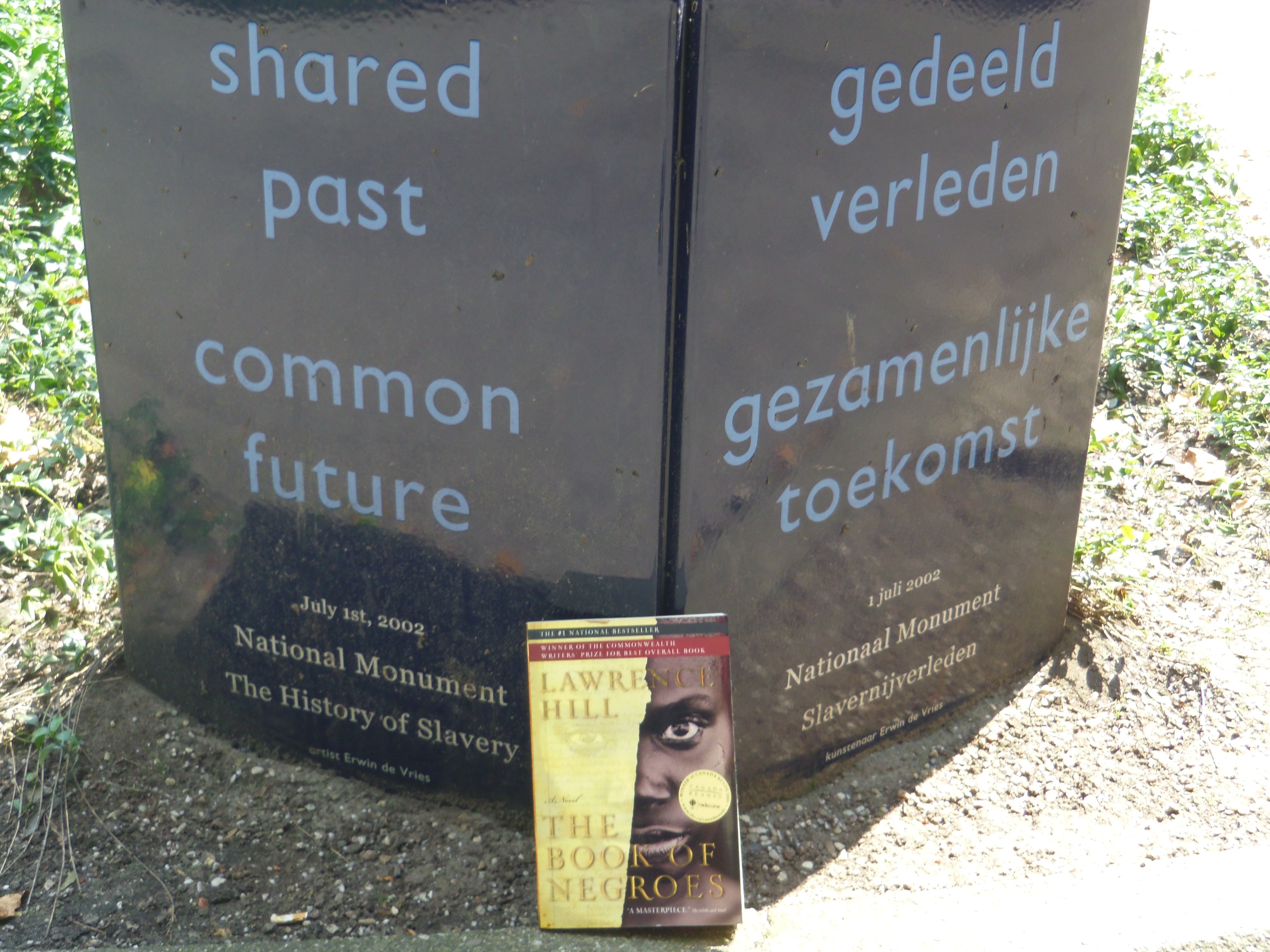It seems like it’s been forever since I enjoyed a solid bashing of religion (note: it has been, in fact, 3 weeks). My apologies for those readers who like me to get up on my soapbox and stick it to the religious establishment – it seems as though it’s been racial topics swimming around in my brain for a while. I’d apologize to those of you who are fans of my free speech stuff, but statistics suggest that you don’t exist :P.
A common complaint about anti-theists like myself is that we rail against a type of religiosity that nobody really believes in. After all, the complaint goes, most religious people just want to keep to themselves and exist quietly without harming anyone. Who am I, therefore, to rail against the evils of their religion? They don’t force their beliefs on me, so why should I try to force my non-belief on them?
Of course every anti-theist reading those words has just breathed a tired sigh and rolled their eyes for emphasis. It is, of course, not at all the case that religious people just want to be left alone to worship in peace. Anyone who thinks that is either not paying attention or finds the lie more comforting than the truth (but Crommunist, why can’t it be both?). Religious believers are constantly agitating for their beliefs to be mandated as laws that apply to believers and nonbelievers alike. The entire story of the gay rights, women’s rights, and black civil rights movements are perfect historical examples of religious people staunchly refusing to keep their beliefs to themselves.
How about some non-historical examples?
Hindu scripture order prompts row in Karnataka state
Opposition parties and minority groups in India’s Karnataka state are angry that the Hindu scripture, Bhagvad Gita, must be taught in schools. The state authorities recently directed schools to teach the Hindu holy book for three hours a week. Education Minister Visveswara Hegde Kageri said that those who did not want to learn the Gita should leave India. Opponents of the move say that the state government order violates their constitutional rights.
So the funny thing about India is that they’re supposedly a secular country. But according to the education minister, it is only those who “want to promote religious ideologies of foreign countries” that believe that secularism includes the right to be free from religious indoctrination in public schools. I wonder if Minister Kageri knows that Hinduism has its origins in a foreign country too. Probably not. After all, that would require him to have the same quality secular education that I had, rather than the feeble interference of a backwards theocracy. Because it’s clearly too much to ask that the education minister be, y’know, educated.
Indian politicians place disagreements ‘before god’
Chief Minister BS Yeddyurappa has been accused by opposition leader HD Kumaraswamy of corruption. Mr Kumaraswamy has threatened to expose land scams allegedly committed by Mr Yeddyurappa, in addition to accusing the chief minister of trying to “buy” his silence on the matter through intermediaries. In reply, Mr Yeddyurappa has rubbished the allegations as “humbug”, and has challenged his rival to stand before Lord Manjunatha and repeat his charge. Mr Kumaraswamy has accepted the challenge.
Okay, I have to confess that this one is just hilarious. First of all, the guy accused of corruption is called “BS”. Second, it happened in the same place as the Gita fight above, which suggests that these aren’t exactly the most… shall we say ‘enlightened’ people on the planet. Third, he actually used the word “humbug”. Fourth, he used it right before he challenged someone to swear his truthful nature in front of a god, as though he has no idea what the word ‘humbug’ means. At least his colleagues have the good sense to be embarrassed by this whole state of affairs.
Malaysian ‘teapot cult’ woman loses Islam legal bid
Malaysia’s civil court has refused a woman permission to leave Islam to avoid being jailed for apostasy. Kamariah Ali, 60, says she should not be tried under Islamic law because she is no longer a Muslim. She follows the Sky Kingdom sect, known as the teapot cult because it built a giant teapot to symbolise its belief in the healing purity of water. But judges ruled that only Malaysia’s Islamic courts could decide on the case because Ms Kamariah was born a Muslim. Malaysia’s Islamic courts have authority over only Muslims – the rest of the population are not bound by their rules.
Where’s my ‘lolwut’ pear?
So apparently in Malaysia, there are two things that are true. One is that you can be assigned a religious belief by the courts. The second is that there are people that actually worship a teapot. Betrand Russel must be spinning in his grave.
Here’s the problem: while these stories are all hilarious examples of people doing stupid stuff because of their wacky superstitions, they’re all being taken seriously by the legal system. Instead of being justifiably bounced out of court or laughed out of office, the wacky “personal beliefs” of the people involved are actually granted the status of law. Why is this problematic? Well, aside from the fact that a secular state isn’t supposed to get involved in matters of faith, religious beliefs have no mechanism by which truth can be demonstrated. The only standard by which the ‘correctness’ of religious practice can be established is by sincerity of faith. I have no doubt whatsoever that Minister Kageri, Minister Yeddyurappa and the court presiding over Ms. Ali sincerely believe in the positions they are advocating. That doesn’t change the fact that from a neutral (read: scientific) standpoint, they’re all wrong.
Seriously? A teapot?
Like this article? Follow me on Twitter!







